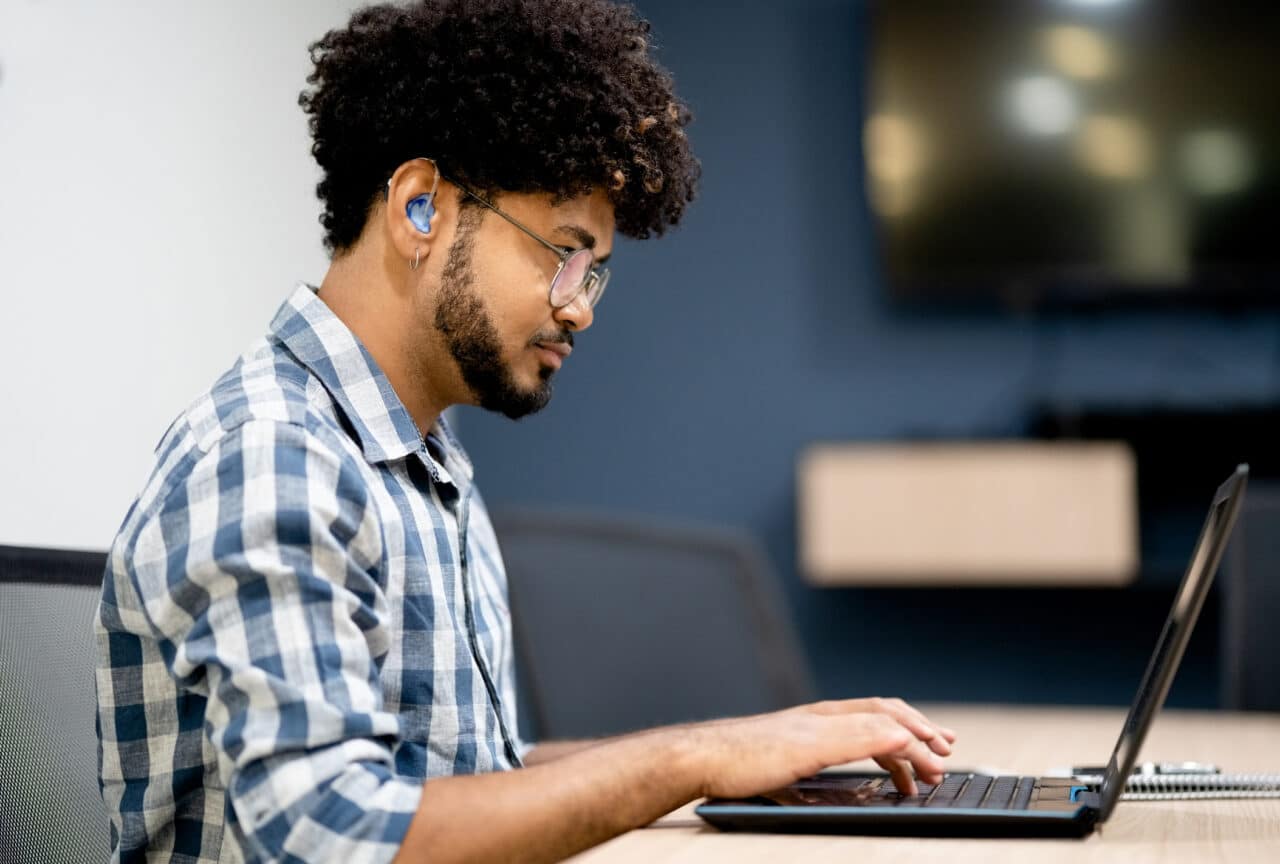When you think of better hearing, communication and safety, you probably think of hearing aids. But you can install other technological devices in your home that can accomplish this, too. We review some of them below.
Safety

Fires pose a danger to your safety and can spread rapidly. Similarly, carbon monoxide is colorless and odorless, and can also be deadly. This is why it’s essential to have smoke and carbon monoxide detectors that work for your needs. Unfortunately, many models are designed with a hearing population in mind and use sound to create an alarm.
Some people feel safer with a home security system in place. If you have some hearing, a loud siren may alert you to something that’s going on, but if that doesn’t work, you can find a model where different colored lights or light patterns alert you to different types of problems.
Waking Up
It’s important for your financial success to wake up in time for your job. Again, it’s an unfortunate truth that most alarm clocks that wake you up are usually designed for hearing people. Fortunately, there are alarms on the market for people who are deaf or hard of hearing. These use vibration or flashing lights to wake you, and some are compatible with your smartphone.
Communication
The way people with hearing loss prefer to use phones varies greatly from person to person. Some options that may help you include amplified phones, which play audio at a high volume without distorting sound quality; captioned phones, which provide live captions of what your conversation partner is saying across a large screen; and deaf video relay service, in which you’re connected with an ASL interpreter.
Whether you use hearing aids or not, an assistive listening device in your home can provide benefit. Common ones include FM systems, which capture a transmission and send it to a speaker at close range; infrared systems, which rely on light instead of radio waves to do the same thing; and audio induction loops, which use a thin wire and magnetic field to transfer audio to a receiver.
For more information or to schedule an appointment with a hearing expert, call Advanced Hearing today.


